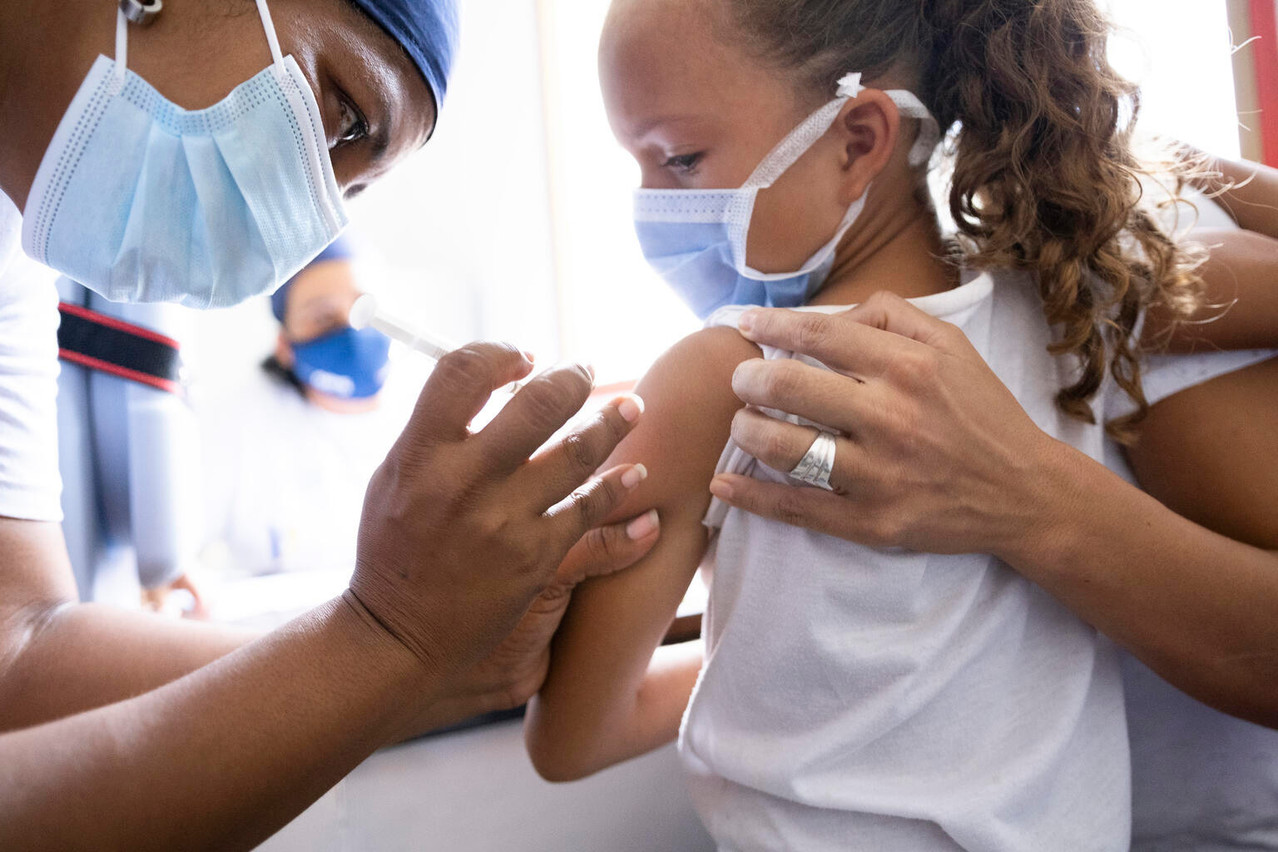Unicef was founded on 11 December 1946 in New York to provide humanitarian and developmental aid to children worldwide as the United Nations International Children's Emergency Fund (hence its acronym).
The agency has since worked around the world to help the most vulnerable children. Nevertheless, it estimates that, before the covid pandemic hit, around 1 billion children worldwide still suffer at least one severe deprivation, without access to education, health, housing, nutrition, sanitation, or water.
However, in its latest report, , Unicef highlights the various ways in which covid is challenging decades of progress on key childhood challenges.
“The COVID-19 pandemic has been the biggest threat to progress for children in our 75-year history,” said executive director Henrietta Fore. “While the number of children who are hungry, out of school, abused, living in poverty or forced into marriage is going up, the number of children with access to health care, vaccines, sufficient food and essential services is going down. In a year in which we should be looking forward, we are going backward.”
Unicef Luxembourg, together with the University of Luxembourg, published a study showing the impact on children in the grand duchy. “Amongst other findings, it showed that their life satisfaction had considerably decreased,” says Paul Heber, chief communication officer at Unicef Luxembourg. Certain groups of children declared lower levels of emotional well-being during the pandemic than others, and a third of children indicated being often or very often worried that they or somebody close to them may fall ill.
Making sure that we have the necessary data to take all the right decisions in favour of children’s well-being in the grand duchy.
A second study about the impact of covid on children in Luxembourg is planned for 2022. This will allow Unicef Luxembourg “to get a more comprehensive picture of how the pandemic has affected young people in our country, making sure that we have the necessary data to take all the right decisions in favour of children’s well-being in the grand duchy,” Heber explains.
10% increase in children living in multidimensional poverty
The global report states that 100 million additional children are estimated to now be living in multidimensional poverty because of the pandemic, a 10% increase since 2019. It also warns that even in a best-case scenario, it will take seven to eight years to recover and return to pre-pandemic child poverty levels.
Citing further evidence of backsliding, the report says that around 60 million more children are now in monetary poor households compared to prior to the pandemic. In addition, last year over 23 million children missed out on essential vaccines--the highest number in 11 years.
“We are at a crossroads, said Fore. “As we work with governments, donors and other organisations to begin charting our collective path for the next 75 years, we must keep children first in line for investment and last in line for cuts. The promise of our future is set in the priorities we make in our present.”
We always look at our fundraising successes with mixed feelings…
Another record year for donations
In 2020 Unicef Luxembourg gathered a record €5.8 million in donations, a sum that Paul Heber says is likely to be surpassed by around €1 million in 2021. “We always look at our fundraising successes with mixed feelings, because they signify that things have taken a turn for the worse and that more funds are needed to help children in need. » Heber says that lot of this year’s funds will go to the COVAX initiative that sets out to provide covid vaccines to countries around the world. “As the pandemic has exacerbated many of the already existing crises, a large portion of our donations will go to countries in emergency like for example Syria, Afghanistan and Ethiopia,” he says.
It is clear to us that the pandemic will never end without an effective vaccine for everyone
Indeed, in 2002 Heber says Unicef remain committed to ensuring that everyone in the world has access to Covid-19 vaccines. “It is clear to us that the pandemic will never end without an effective vaccine for everyone,” he says. “However, it is about so much more than just the vaccine itself. It is also about making sure you have the medical equipment such as syringes, a functioning cold chain, and the right type of refrigerators. The helpers must be trained on site for correct handling of the material. And last but not least, people have to be informed about the vaccination in their own language.”
In 2022, Unicef will continue to grow its family of monthly pledge donors, which it calls . “They are crucial to our work, as in addition to helping us save administrative costs, they also allow us to better plan our projects, respond quickly in emergencies, work more efficiently and ensure that our activities for children have a long-term impact,” says Heber.



